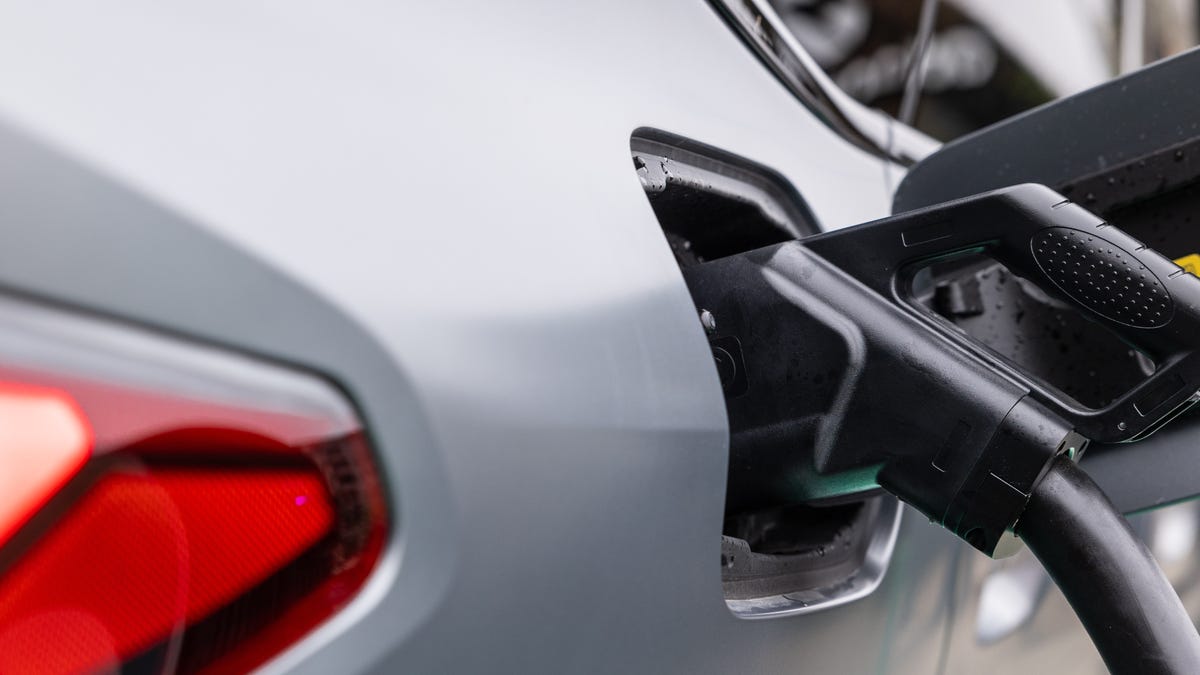Tesla and BMW Challenge E.U. EV Tariffs: A Legal Showdown Begins
In a bold move sparking significant interest within the automotive industry, Tesla and BMW have initiated legal action against the European Union, contesting the recent tariffs imposed on electric vehicles (EVs). This legal battle not only highlights the ongoing tensions between global automotive players and regulatory frameworks but could also reshape the landscape of the EV market in Europe and beyond. As these two automotive giants prepare for a showdown, the implications of their actions will resonate across the industry, affecting manufacturers, consumers, and environmental policies alike.
The Background of the Tariffs
The European Union has been at the forefront of promoting electric mobility as part of its commitment to reducing carbon emissions and combating climate change. To accelerate the adoption of EVs, the EU has implemented various incentives and regulations. However, in recent months, the EU announced a set of tariffs aimed at non-European manufacturers, with the intention of leveling the playing field for local automakers.
While the tariffs were designed to bolster EU manufacturers, they have drawn criticism for potentially stifling competition and innovation. Tesla and BMW, both of which have significant investments in EV technology, argue that these tariffs unfairly disadvantage them, especially as they work to expand their market share in Europe.
The Legal Challenge: Tesla and BMW’s Arguments
Tesla and BMW’s legal challenge against the EU’s tariffs is grounded in several key arguments:
- Protectionism: The automakers contend that the tariffs are a form of protectionism that undermines the principles of free trade. They argue that these measures favor local manufacturers at the expense of consumers and innovation.
- Market Distortion: Both companies assert that the tariffs distort competition within the EV market, leading to higher prices for consumers and limiting choices. They maintain that a healthy competitive environment is crucial for the advancement of EV technology.
- Environmental Impact: Tesla and BMW emphasize that restricting access to their EVs could hinder the EU’s efforts to reduce carbon emissions. They argue that their vehicles are among the most efficient and environmentally friendly options available, contributing to the EU’s sustainability goals.
Potential Implications of the Legal Showdown
The outcome of this legal showdown could have far-reaching implications for the automotive industry. Here are some potential consequences:
- Market Dynamics: Should Tesla and BMW succeed in their legal challenge, it could lead to the removal of tariffs, allowing for greater competition. This could drive prices down and expand consumer choices across Europe.
- Policy Reevaluation: A ruling in favor of the automakers may prompt the EU to reevaluate its tariff policies and consider the balance between supporting local industries and fostering competition.
- Global Reactions: Other countries and automakers may take note of this legal battle. A favorable outcome for Tesla and BMW could inspire similar challenges elsewhere, potentially leading to a global shift in trade policies regarding EV tariffs.
Broader Context: The EV Market in Europe
The electric vehicle market in Europe has been experiencing explosive growth, spurred by government incentives and an increasing consumer demand for sustainable transportation. In 2022 alone, EV sales in Europe rose significantly, with forecasts predicting continued growth as automakers ramp up production and expand their offerings.
However, this growth has not come without challenges. The competition among manufacturers is intensifying, as traditional automakers and new entrants vie for a share of the market. Companies like Tesla have established themselves as leaders in the EV space, while BMW is investing heavily to transition its lineup towards electrification. The introduction of tariffs could disrupt this dynamic, prompting reactions from both established brands and newcomers.
The Role of Innovation in the EV Sector
Innovation is a cornerstone of the electric vehicle industry. As automakers race to develop cutting-edge technologies, from battery advancements to autonomous driving capabilities, the interplay between competition and regulation becomes increasingly critical. Tesla, for example, has pioneered significant innovations in battery technology and software integration, setting a high bar for its competitors. BMW, on the other hand, is emphasizing luxury and performance in its EV offerings.
The legal challenge by Tesla and BMW underscores the importance of maintaining an environment conducive to innovation. If barriers are imposed through tariffs, it could slow the pace of advancements, ultimately affecting consumers and the environment.
Consumer Perspectives: The Impact of Tariffs on EV Buyers
Consumers are at the heart of the electric vehicle market, and the imposition of tariffs directly impacts their purchasing decisions. Higher prices resulting from tariffs could deter potential buyers from considering EVs, particularly in a market that is already facing challenges with supply chain disruptions and increasing costs.
Furthermore, consumers are increasingly environmentally conscious and may prefer to purchase vehicles from manufacturers that prioritize sustainability. Tesla and BMW have made significant strides in producing eco-friendly vehicles, and a legal victory could reinforce consumer trust in these brands.
Looking Forward: The Future of EV Policy in the E.U.
As Tesla and BMW gear up for this legal showdown, the future of EV policy in the European Union hangs in the balance. Policymakers will need to consider the implications of tariffs on competition, innovation, and environmental goals.
Regardless of the outcome, this legal battle is a pivotal moment in the evolution of the electric vehicle market. The stakes are high, not just for Tesla and BMW, but for all players in the automotive industry and for consumers seeking sustainable transportation options.
Conclusion
The clash between Tesla, BMW, and the European Union over EV tariffs marks a significant chapter in the ongoing saga of electric vehicles. As the legal proceedings unfold, the outcome will not only influence these automotive giants but could also redefine the regulatory landscape for EVs in Europe and beyond. As the world continues to pivot towards sustainability, the resolution of this legal challenge will have lasting implications for innovation, competition, and consumer choice in the electric vehicle market.
See more Business Focus Insider Team

